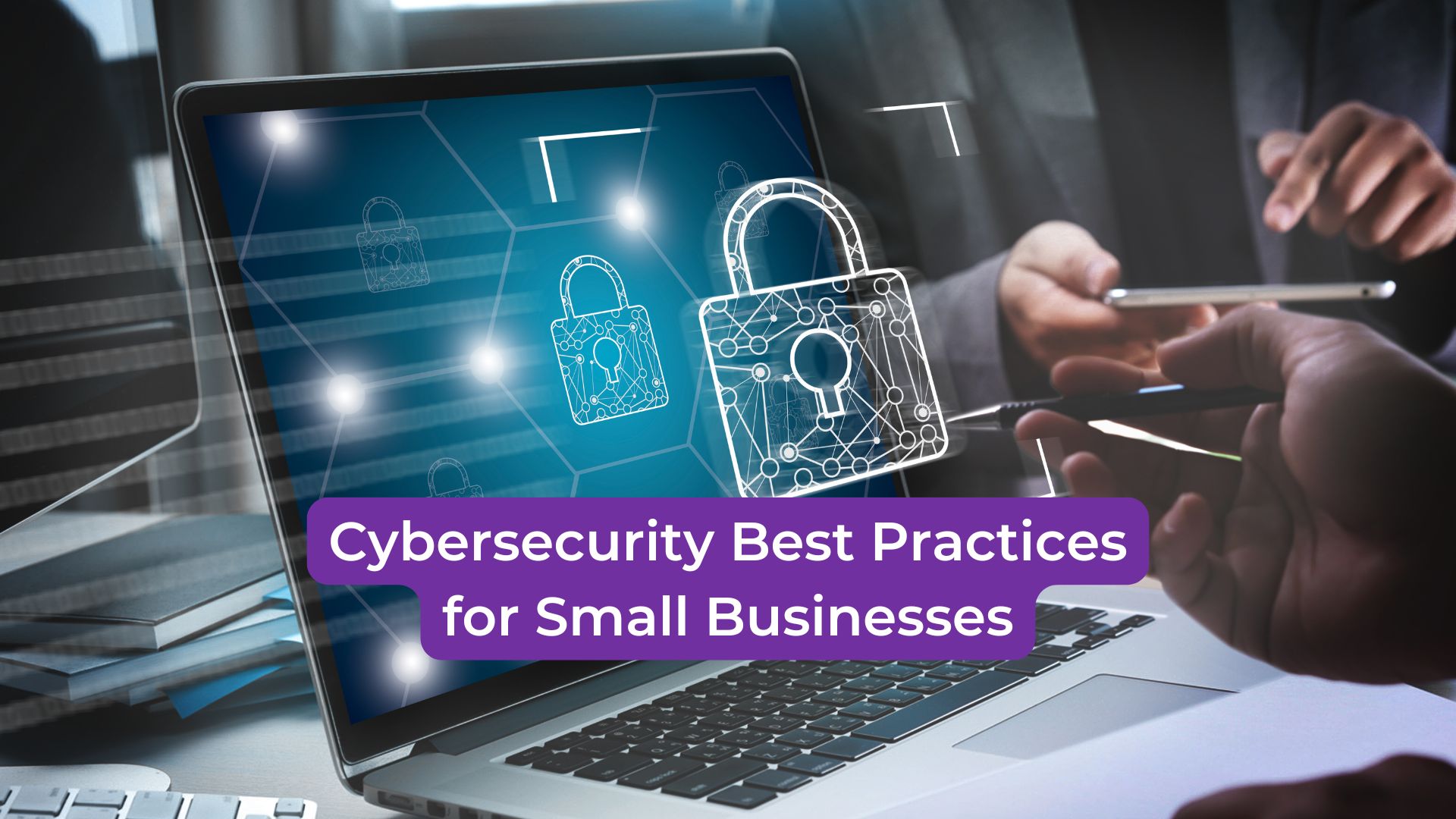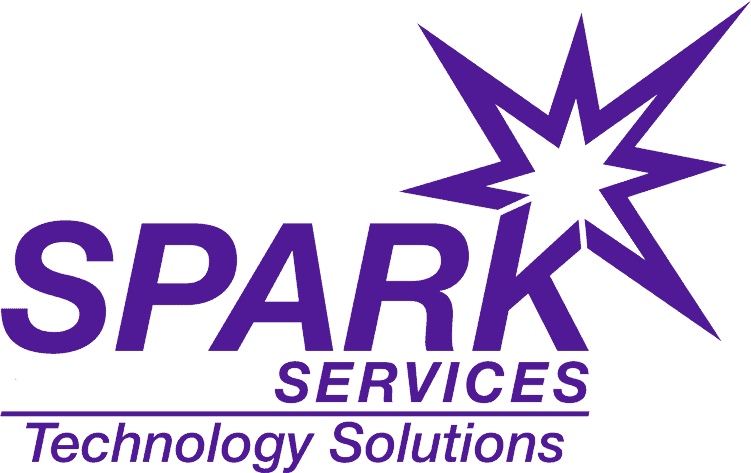
- Post author:Robert E. Allen Jr.
- Post published:September 11, 2024
- Post category:Cyber Security
In today’s digital landscape, cybersecurity is no longer a luxury; it’s a necessity for businesses of all sizes. Unfortunately, small businesses often underestimate their risk of cyberattacks, believing that they are too small to be targeted.
In reality, small businesses are prime targets because they may lack the robust defenses that larger enterprises have in place.
Adopting strong cybersecurity best practices can significantly reduce the risk of a data breach, safeguard sensitive information, and protect your business from costly disruptions.
In this blog, we will explore essential Cybersecurity Best Practices that every small business should implement to strengthen their defenses and ensure business continuity.
1. Use Strong Passwords and Multi-Factor Authentication
The foundation of any cybersecurity strategy is strong password management. Employees should use complex passwords that include a mix of letters, numbers, and special characters.
Avoid common words or easily guessable information, such as names or birthdates. Additionally, businesses should enforce regular password changes.
Multi-factor authentication (MFA) adds an extra layer of protection by requiring users to provide two or more verification methods to access accounts.
This could include a password along with a fingerprint or a code sent to a mobile device. MFA significantly reduces the risk of unauthorized access, even if passwords are compromised.
2. Regularly Update Software and Systems
Keeping your software, operating systems, and applications up to date is one of the simplest yet most effective cybersecurity best practices.
Cybercriminals often exploit vulnerabilities in outdated software to gain access to systems. By regularly updating your software, you close security gaps and protect your business from potential threats.
Set up automatic updates where possible, and ensure that all employees follow this practice consistently.
3. Implement a Firewall and Antivirus Protection
Firewalls act as the first line of defense, blocking unauthorized access to your network. Small businesses should have a firewall in place to prevent external threats from infiltrating their systems.
In addition to a firewall, ensure that antivirus software is installed on all company devices. Antivirus software detects and removes malware that could compromise your system’s integrity.
Make sure your antivirus software is updated regularly to recognize and address new threats.
4. Train Employees on Cybersecurity Best Practices
Human error is one of the leading causes of data breaches. Training your employees on Cybersecurity Best Practices is crucial to minimizing risk.
Employees should understand how to recognize phishing emails, suspicious links, and other common cyber threats. Regular training sessions can help ensure that everyone in your organization knows how to handle sensitive data securely and avoid risky online behavior.
Encourage employees to report any suspicious activity immediately. Early detection of a potential threat can prevent significant damage.
5. Backup Data Regularly
A reliable backup solution is essential for recovering from a cyberattack, particularly ransomware attacks.
Regularly backing up your data ensures that your business can recover important information in case of a breach, system failure, or other cyber incidents. Store backups in secure, offsite locations, and test them periodically to make sure they work correctly.
6. Secure Wi-Fi Networks
Your business’s Wi-Fi network can be an easy target for hackers if it’s not adequately secured. Always use strong encryption protocols, such as WPA3, to protect your network.
Make sure to change default router settings and passwords, as these are often well-known and easily exploited by attackers.
For added security, create a separate guest network for visitors, ensuring that they don’t have access to your primary business network.
7. Develop a Cybersecurity Policy
Every small business should have a comprehensive cybersecurity policy in place. This document outlines the Cybersecurity Best Practices employees must follow to protect the company’s data and systems.
It should include guidelines on password management, data handling, device security, and procedures for reporting suspicious activities. Regularly review and update your cybersecurity policy to address new threats and changes in technology.
8. Monitor and Respond to Threats
Cybersecurity is not a one-time effort but an ongoing process. Small businesses should invest in tools that provide real-time monitoring of their networks and systems.
These tools can detect anomalies, unauthorized access, and potential security breaches, allowing you to respond quickly to minimize damage.
Having an incident response plan is equally important. In the event of a cyberattack, your business should know the steps to take to contain the threat, recover data, and prevent future attacks.
Conclusion
Implementing Cybersecurity Best Practices is crucial for small businesses to protect their assets, customers, and reputation. From using strong passwords to securing Wi-Fi networks, these steps help create a secure digital environment that reduces the risk of cyberattacks. Small businesses cannot afford to be complacent about cybersecurity, as the cost of a breach can be devastating.
At SPARK Services, we understand the unique cybersecurity needs of small businesses. Our team of experts can help you implement robust Cybersecurity Best Practices tailored to your business.



